Dhaka, Oct 10 (V7N) — Chief Adviser Muhammad Yunus clarified that his recent comments about pressing the "reset button" were aimed at reforming corrupt politics in Bangladesh, not at undermining the country’s glorious history, particularly the 1971 Liberation War. His office issued a press release on Thursday to address misunderstandings that have arisen from his remarks.
The statement highlighted that Professor Yunus’ call for a "reset" was a plea to combat the deep-seated corruption weakening key national institutions, damaging the economy, and eroding citizens' civil rights, including the right to vote. His words, spoken in an interview with Voice of America, were taken out of context by some, prompting this clarification.
"Pressing the reset button means starting fresh, akin to restarting software without altering the hardware," the statement explained. The "hardware" in this analogy represents the historic achievements of the 1971 Liberation War, which, Yunus emphasized, remains the bedrock of Bangladesh's identity.
Since taking on the role of Chief Adviser on August 8, Yunus has been vocal about the need for political reform. Upon his arrival at Hazrat Shahjalal International Airport, he referred to the recent student-led protests in July and August as Bangladesh’s "second freedom," distinct from the first independence won in 1971.
Nobel laureate Yunus, who played a pivotal role in gaining international recognition for Bangladesh post-independence, reiterated his commitment to the values of the Liberation War. In 1971, he founded the Bangladesh Citizens' Committee and actively worked to raise awareness in the United States about the atrocities committed by the Pakistani military.
Yunus’ special assistant, Mahfuz Alam, also reaffirmed on October 9 that the "reset button" analogy was purely about political and institutional reform, and had no connection to disregarding the importance of Bangladesh’s historic fight for independence.
This clarification is expected to ease concerns raised by some quarters regarding Yunus’ stance on the country’s past and its ongoing political struggles.
END/MSS/AJ



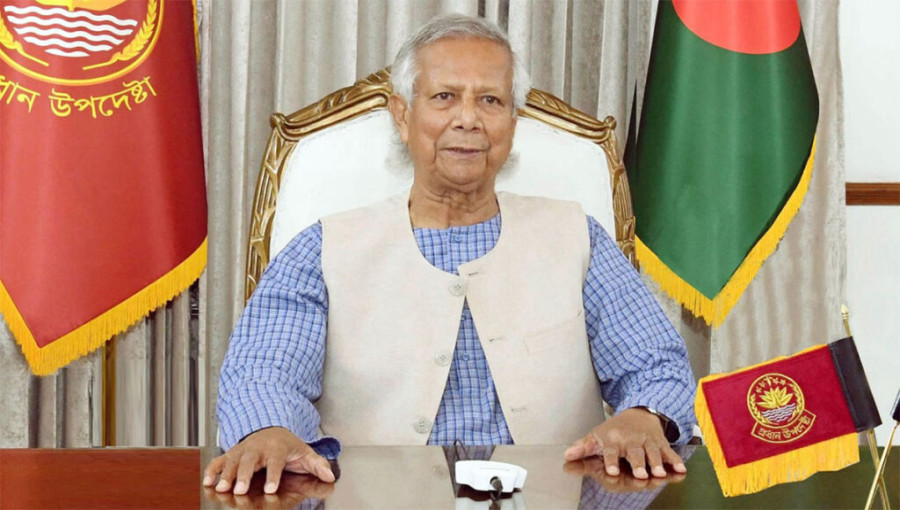
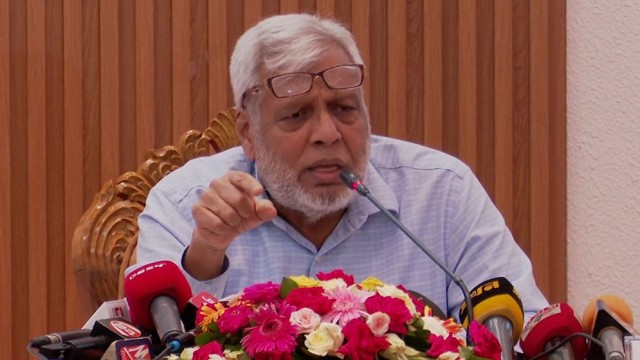
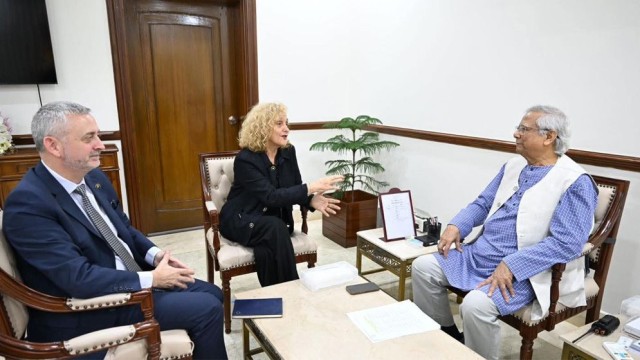
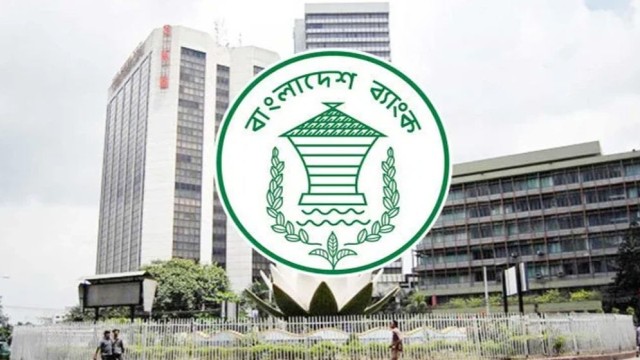

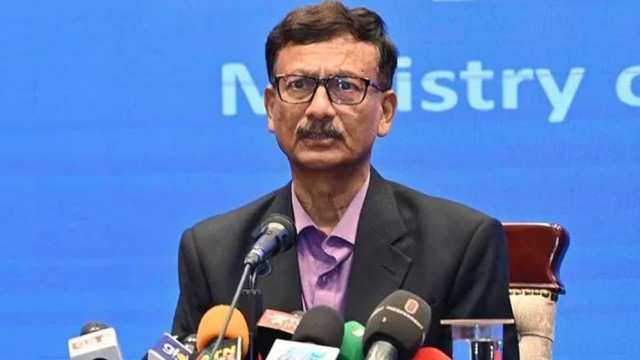
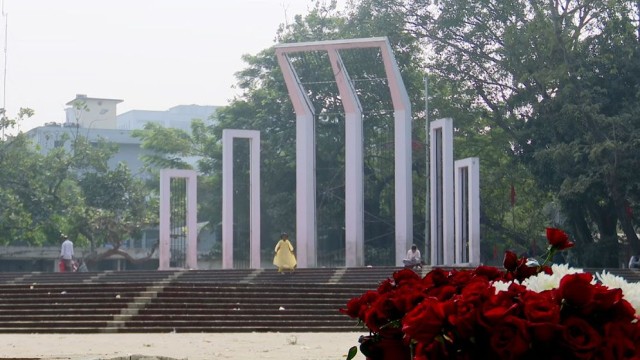
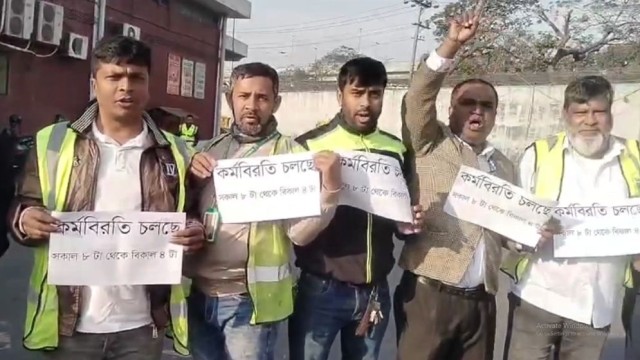
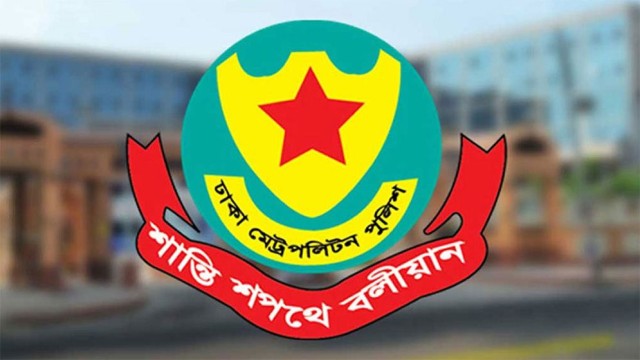
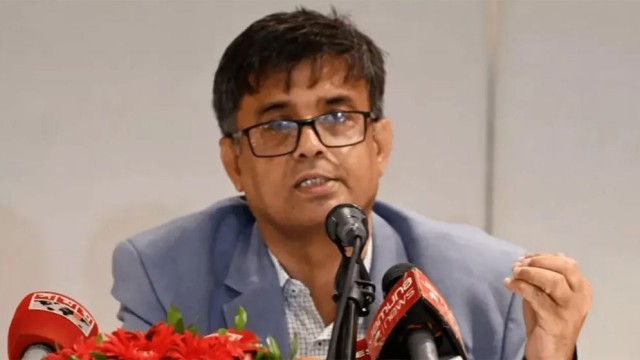

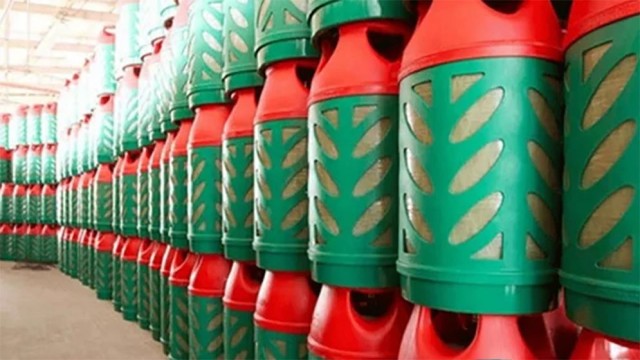
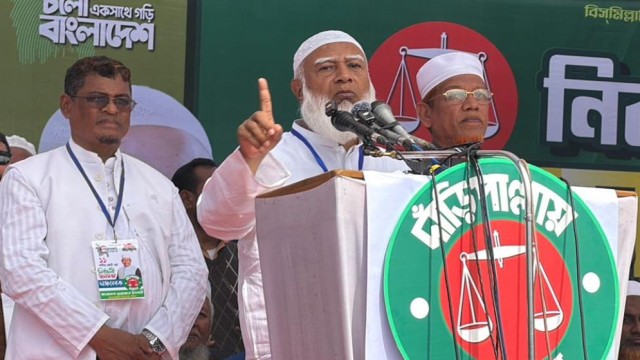
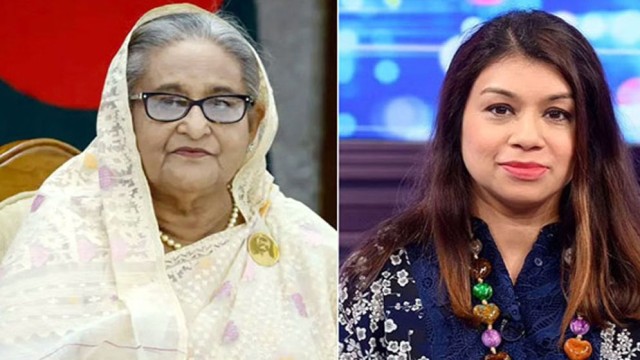
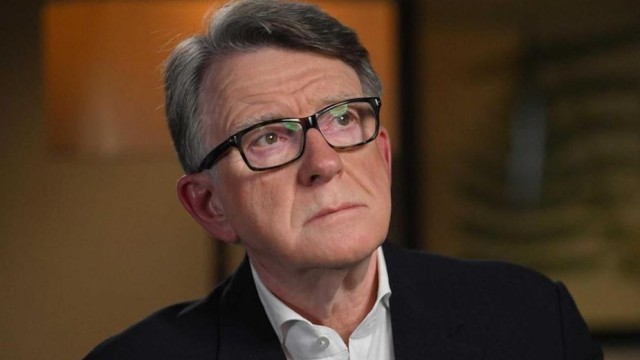





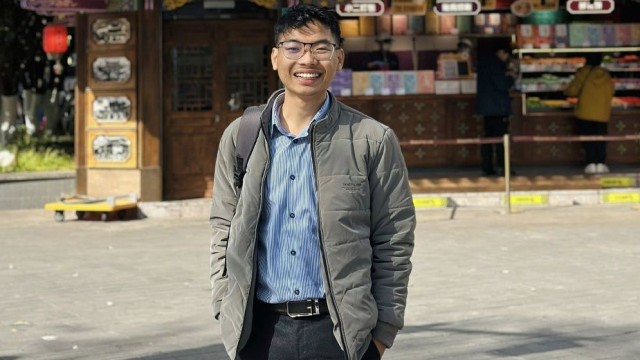

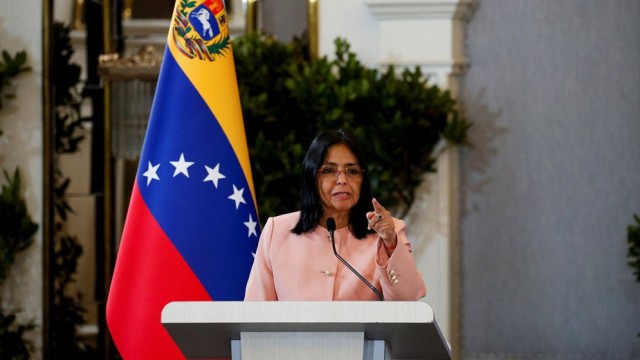
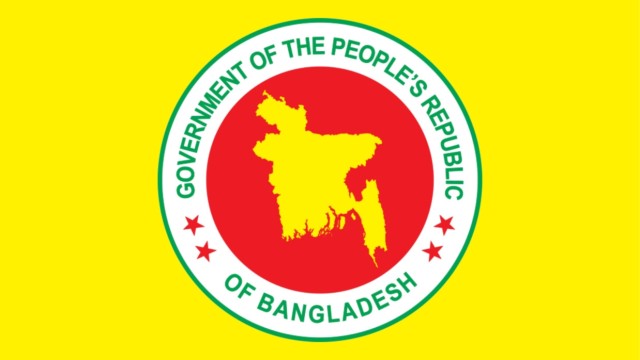
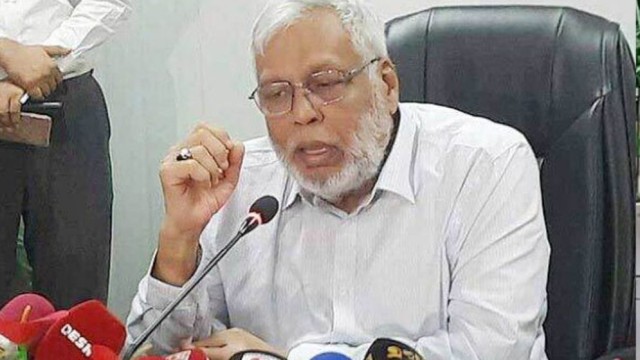


Comment: